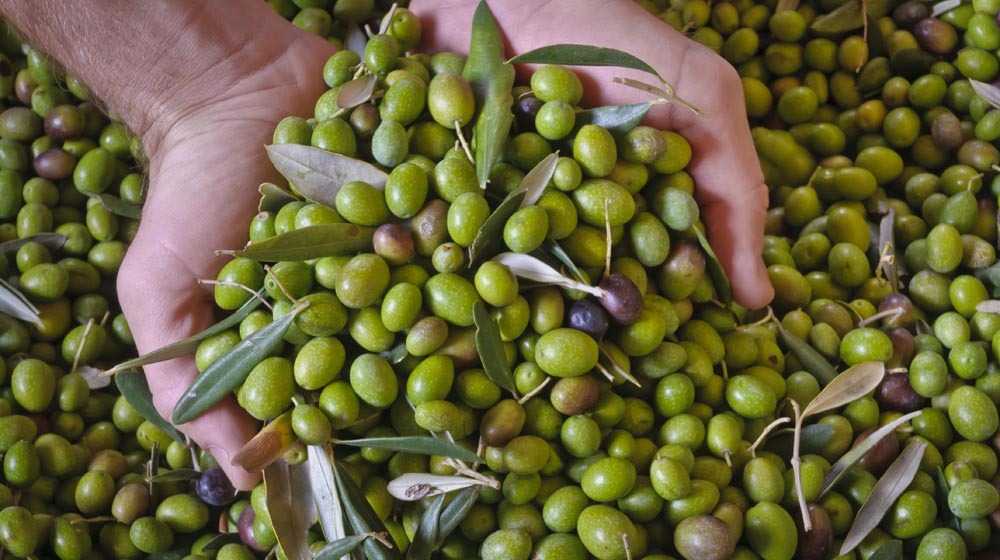ISLAMABAD: Balochistan province should be the first place to start large-scale cultivation of olive trees in Pakistan, said a renowned expert.
He said Balochistan should be followed by Khyber Pakhtunkhwa province and then the Punjab province. In a conversation with WealthPK, Dr Marco Marchetti, International Project Coordinator for Olive Culture, said that over the past few years, olive cultivation in Pakistan was carried out on ad-hoc basis.
He said it is very important to start olive cultivation in such a way that the needs of development are prioritised.
Olive Culture is an Italian olive oil value chain mechanism working under the Italian Agency for Development Cooperation to support olive cultivation in Pakistan.
“Ad-hoc plantation of olive is not undesirable per se. However, it must be realised that when the government intervenes to increase the production of olives in the country, it should do so in a phased manner,” he emphasised.
Dr Marchetti said that in Pakistan the cultivation of olives was not carried out according to the stipulations of research and data. He said that over the past many years, the federal and provincial governments had spent a lot of resources in pushing for plantation of olives.
“Intervention of this kind never helps as agricultural input needs to be concentrated in such areas where the whole of local economic system adjusts to support the intervention,” he explained.
“If such an intervention is carried out in a dispersed manner in unsuitable climates, no recognisable increase in output is observed. This may help the local farmers, but overall, it does not help in increasing exports of the country,” he added.
Dr Marchetti said Balochistan ranks first in terms of the need for investment, adding that if Pakistan wants to reap the fruit of its suitable climate for olive cultivation, it must realise that the best place to start is Balochistan.
“Public and private investments in Balochistan are needed to uplift the standard of living of local people. If there is an opportunity to turn around the fortunes of the local population, it is through the plantation of olives,” he emphasised.
The expert said the cultivation of olives is also a sustainable way to develop Balochistan.
“It will help in the restoration of the flora and fauna, and also create employment for the local people, and allow Pakistan to become an exporter of olives,” he observed.
Dr Marchetti lamented that no serious effort was undertaken to assess the feasibility of olive plantation projects in the country.
“It was done by many people for aesthetic purposes, but in the end, there was no fruit. And if there is no fruit, you cannot get a sweet taste,” he said. –INP






